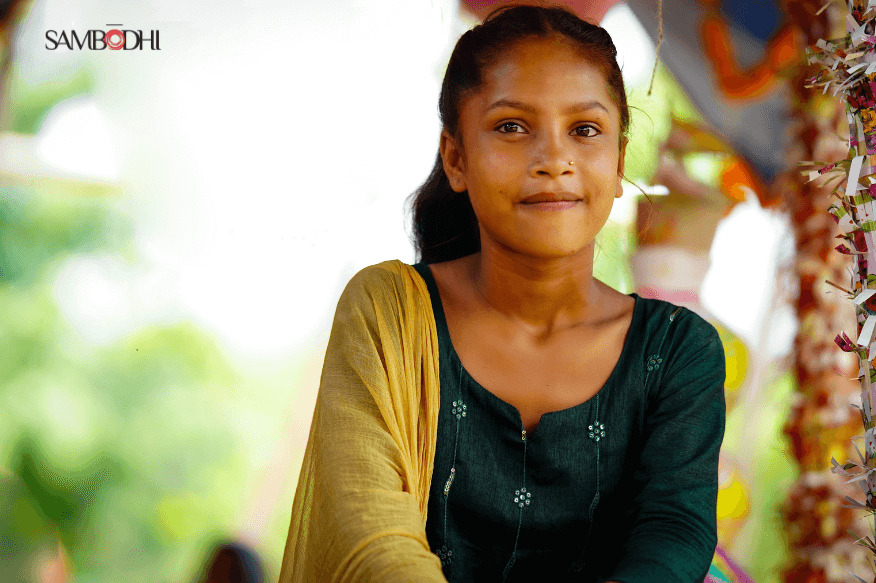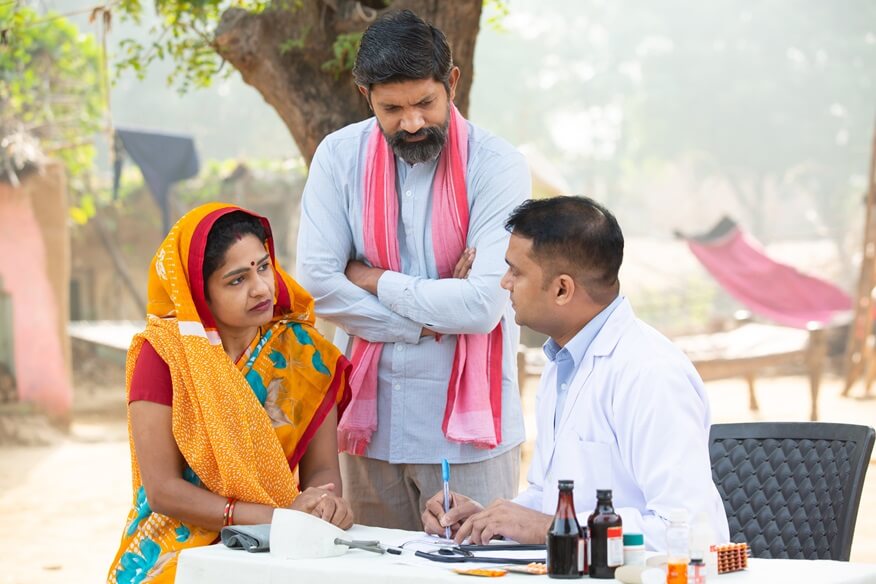Beyond TB: Confronting Stigma for a Healthier India

The world came together on 24th March, Tuberculosis (TB) Day, and India’s message was crystal clear: “Yes! We can end TB”, with the resolve to tackle this challenge by 2025. Since the discovery of the bacteria that causes TB in 1882, diagnosing and curing it has been a core element of the efforts to eliminate it. Since 2000, 75 million lives have been saved by global efforts to end TB.
However, despite the various strategies employed, a significant obstacle still needs to be overcome.
In 2022, 10.6 million people (about half the population of New York) fell ill with TB, and 1.3 million died fighting this disease. In fact, in India alone, 2.7 million people were diagnosed with TB, and 0.32 million died because of it in 2024.
TB in India has long been overshadowed by social stigma and discrimination, posing a formidable challenge in the fight against the disease. Stigma is a major deterrent to accessing TB services and is a multi-faceted problem that needs immediate attention to mitigate.
Significantly, the stigma surrounding TB often remains hidden until someone receives a diagnosis. Shockingly, in India, a staggering 73 per cent of the population holds stigmatizing attitudes towards TB, with 98 per cent holding discriminatory views. Research indicates that due to stigma, 60 per cent of TB patients conceal their condition from friends and neighbors, resulting in negative impacts on their behavior, emotions, relationships, and finances. This not only delays TB diagnosis but also affects treatment outcomes and overall health, severely hindering our TB response efforts.
As common barriers hindering efforts to combat the TB epidemic, global health leaders and policymakers look at addressing the social stigma through various initiatives over the years. India has been actively involved in TB control activity for more than 50 years now. Programs like the National Tuberculosis Elimination Program (NTEP) and the TB Mukt Bharat Abhiyaan are some TB control initiatives with a focus on providing patient-centric care and comprehensive treatment and support.
Such an extensive portfolio of care has also revealed the nature of the stigma that TB patients experience. Some patients express detachment from society, passivity in their social roles, and the inability to work or study due to financial constraints. Furthermore, some also report fear of being identified by their symptoms and hesitation in seeking the required treatment because of the same.
Under such programs, the communities are encouraged to create an enabling environment for persons with TB to make informed choices and decisions without the fear of stigma and discrimination. By creating training manuals to help the community and healthcare workers and partners, such programs actively work to dismantle the stigma surrounding the disease. Community engagement activities, peer support groups, community-led monitoring, and advocacy have also been foundational in helping tap the potential of people with TB, survivors, and their family members.
The progress has been marked with great achievement. Recent data provides promising progress in India’s fight against TB. The estimated TB incidence in 2018 was 199 patients per 100,000 persons, showing a significant decline since 2015, with an 8.3 per cent decrease. Additionally, the estimated mortality rate decreased from nearly 58 deaths per lakh population (HIV-negative) in 2000 to 32 per lakh in 2018. However, the lingering shadow of stigma remains a significant obstacle to achieving our elimination goals. Many individuals continue to suffer silently, fearing discrimination and ostracization, exacerbating the burden of TB and impeding our efforts to eradicate it.
While India remains steadfast in its efforts to achieve a TB Mukt Bharat by 2025, it is essential to acknowledge the multi-faceted ways in which the disease affects not only the person but their family and their community and address the issues that hinder them from recovering and leading happy lives!
Aayushi Rastogi – Senior Manager, Sambodhi


